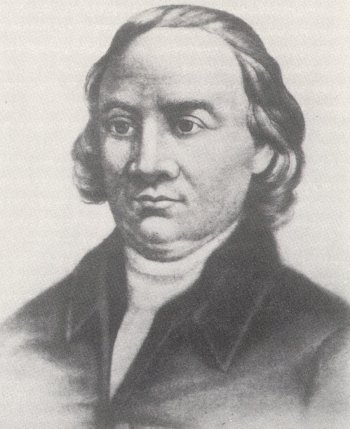John Morton was the first Signer of the Declaration of Independence to die. He died on April 1, 1777, not even a year after the Declaration of Independence was signed. Even though that seems to be what he is most known for, he did quite a bit to help the cause of Independence.
He served in multiple offices, which allowed him to use his skills to better aid the birth of the country. This is a quick bullet-point fact sheet that gives an overview of the life of John Morton.

Overview of a Revolutionary War Patriot
- Morton was born in 1725 in Chester County, Pennsylvania. His father, whom he was named after, was of Finnish descent, as was his mother. They both had great-grandfathers who migrated to New Sweden around 1654.
- He was one of nine siblings and would be active in the Anglican church his entire life.
- Not much is known about Morton's childhood, but he did emerge as a political figure in 1756 when he was elected to the Pennsylvania Provincial Assembly.
- The next year, he would be elected as the justice of the peace and would serve as that until 1764.
- In 1765, the Stamp Act was passed, which would thrust many of America's future founding fathers into the public eye. Morton was no different and was elected to the Stamp Act Congress.
- His service at the Stamp Act Congress would be short-lived as he would take a position as the sheriff of Chester County in Pennsylvania. He would also be appointed to the Supreme Court of Pennsylvania.
- In 1774, he was elected to the First Continental Congress and again to the Second Continental Congress. Here, the men would agree, under the influence of John Dickinson, to send an Olive Branch to King George III. It would not work, and the colonies would then declare their Independence.
- During the vote for Independence, John Dickinson and Robert Morris voted against it. While Benjamin Franklin and James Wilson were in favor of it. Morton was undecided until July 1, one day before the final vote, when he sided with Franklin and Wilson. Morris and Dickinson would abstain from voting, which would allow the motion to pass unanimously.
- Morton would then become the chairman of the committee that oversaw the construction of the Articles of Confederation. Unfortunately, he would die before on April 1, 1777, and never see America gain its Independence.
- In his last words, Morton is recorded as saying that "the hour would yet come when it would be acknowledged that his vote for American Independence was the most illustrious act of his life." He would die soon from tuberculosis.
